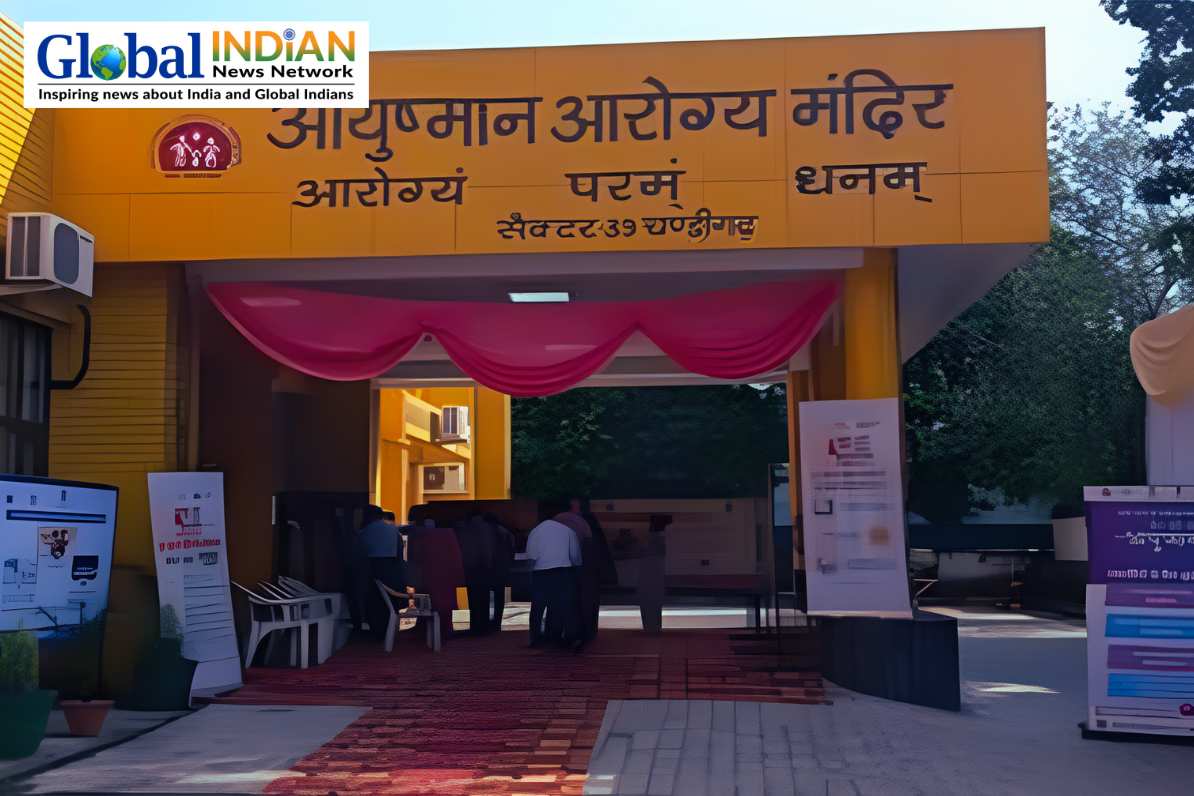 Ayurveda, an ancient health system originating from India, has a longstanding history rooted in utilizing plants and herbs for maintaining health and preventing illnesses. It encompasses not only medicinal practices but also a holistic lifestyle approach, aligning individuals with the natural rhythms of existence.
Ayurveda, an ancient health system originating from India, has a longstanding history rooted in utilizing plants and herbs for maintaining health and preventing illnesses. It encompasses not only medicinal practices but also a holistic lifestyle approach, aligning individuals with the natural rhythms of existence.
Amidst the complexity of modern healthcare, Ayurveda stands out for its simplicity and eco-friendliness, deeply ingrained in Indian households and passed down through generations. Its effectiveness extends locally and globally, transcending time with its contemporary relevance.
In today’s fast-paced world marked by stress and a growing emphasis on holistic well-being, Ayurveda offers timeless guidance for achieving balance, addressing underlying causes of illness by considering the interconnected aspects of body, mind, and spirit.
In the evolving landscape of preventive and personalized healthcare, Ayurveda’s utilization of plants for medicinal purposes aligns seamlessly with the global trend towards seeking natural and sustainable healthcare alternatives.
Ayurveda, a timeless gift from ancient India, finds its origins in the sacred texts known as the Vedas, embodying holistic principles intertwined with practical wisdom to unveil a comprehensive healthcare system. These foundational principles laid the groundwork for Ayurveda’s enduring legacy, with major texts like the Charaka Samhita and Sushruta Samhita shaping its principles over 2,000 years ago.
Despite facing challenges through foreign invasions and colonial rule, Ayurveda experienced a renaissance in the post-independence era, garnering renewed governmental support and witnessing a global resurgence of interest in holistic living.
The creation of India’s AYUSH (Ayurveda, Yoga & Naturopathy, Unani, Siddha, and Homoeopathy) Ministry underscores a deliberate effort to support and safeguard the nation’s traditional healthcare methods. Its primary objectives include systematic development, holistic healthcare promotion, research and education advancement, global recognition, and cultural heritage preservation.
Ayurveda’s advantages over conventional medicine lie in its holistic approach, personalized treatments, reliance on natural remedies, and emphasis on long-term well-being. It offers tailored solutions that address root causes of diseases and imbalances, promoting overall wellness through lifestyle modifications and natural interventions.
With a growing demand for Ayurvedic products globally, driven by increasing health consciousness and preference for natural alternatives, the AYUSH industry’s market size has witnessed significant growth, highlighting the enduring appeal and efficacy of Ayurveda in contemporary healthcare practices.









